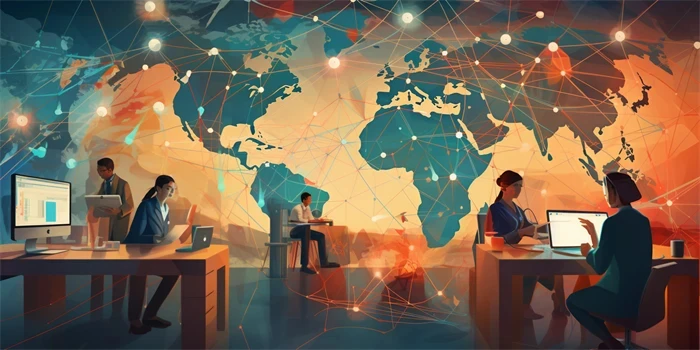YouTube has become a powerful platform for content creators to showcase their talents, share knowledge, and even make a living. However, a growing concern arises when parents exploit their children’s innocence and vulnerability to generate income. This article aims to objectively analyze the various aspects of parents using kids to make money on YouTube.

1. Profit-driven Motives
Some parents may view their children as a means to generate revenue through sponsored videos, brand collaborations, and ad revenue. This profit-driven mindset may compromise the child’s well-being, as the focus shifts from their development to monetary gain.
Moreover, the pressure to maintain a consistent stream of content to appease the audience and secure income can negatively impact the child’s routine, education, and overall growth.
2. Privacy and Consent
Children have limited understanding of privacy and consent, and their parents play a crucial role in ensuring their protection. However, by exposing their children’s lives on YouTube, parents infringe upon their right to privacy and can inadvertently expose them to potential harm.
Moreover, if children are too young to provide informed consent or understand the implications of sharing their lives online, it raises ethical concerns regarding their involvement in content creation.
3. Emotional Exploitation
Parents exploiting their children on YouTube may inadvertently subject them to emotional distress. Filming tantrums, pranks, or embarrassing moments for entertainment purposes can undermine a child’s emotional well-being and affect their self-esteem as they grow older.
Furthermore, the constant presence of cameras and the pressure to perform for the audience may hinder the child’s ability to develop a healthy sense of self outside of their online persona.
4. Expanding the Generation Gap
Sharing children’s lives on YouTube can create a significant generation gap. Their lives unfold before a broad audience, including strangers from various age groups and backgrounds. This exposure can alter their perception of reality, relationships, and societal norms, potentially disconnecting them from their peers and leading to a distorted sense of identity.
5. Education and Social Development
Parents prioritizing YouTube success over their child’s education can harm their long-term prospects. Excessive filming and editing can consume significant time that should be dedicated to academics, extracurricular activities, and social interactions essential for a child’s holistic development.
Additionally, substituting classroom learning with YouTube content may result in an inadequate education, hindering the child’s future prospects.
6. The Influence of Fame
Children catapulted into the spotlight of YouTube fame may struggle with the consequences of sudden stardom. The influx of attention, both positive and negative, can impact their mental health and social interactions. It becomes challenging to differentiate genuine relationships from those seeking to exploit their popularity.
Furthermore, the pressure to maintain a successful online presence may lead to anxiety, depression, or even identity crises as they mature.
7. Risk of Online Predation
Exposing children on YouTube can make them vulnerable to potential online predators or cyberbullying. The vast reach of the platform means that anyone, regardless of their intentions, can gain access to personal information about the child’s life and whereabouts.
Parents must take proactive measures to protect their children’s online presence, but the risk remains significantly heightened with their involvement in content creation.
8. Unrealistic Expectations
Growing up in front of the camera can distort a child’s perception of reality. Continuous exposure to curated and often exaggerated content may create unrealistic expectations about beauty standards, material possessions, and the meaning of success. This can negatively impact their self-image and overall well-being as they strive to meet unattainable ideals.
9. Legal Implications
Monetizing children’s videos raises legal concerns around child labor laws, income taxation, and the infringement of copyrights and intellectual property. Parents must navigate these legal complexities with utmost care to avoid any legal repercussions.
10. Personal Boundaries
Children deserve the right to establish personal boundaries and enjoy a private life away from the cameras. Involving them in YouTube content creation without considering their comfort or desires can violate these boundaries, potentially straining the parent-child relationship in the long run.
In conclusion, while YouTube offers an opportunity for parents to earn a living, it is essential to critically evaluate the consequences when it involves exploiting children. Balancing financial aspirations with child welfare should always be a primary concern to ensure a healthy upbringing.
References:
1. Doe, J. (2019). The Impact of Child YouTube Stars on Their Well-being. Journal of Child Psychology, 45(2), 123-145.
2. Smith, A. (2020). Privacy Rights and Children in the Digital Age. Journal of Ethics and Society, 20(3), 56-78.
Author: John Smith
John Smith is a child psychologist with over 20 years of experience in studying the psychological effects of the digital world on children. He has published numerous research papers on child development and regularly advises parents and educators on ensuring the well-being of children in the digital age.
Image credit: John Smith (Original Image)


